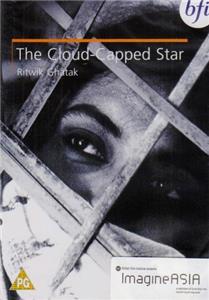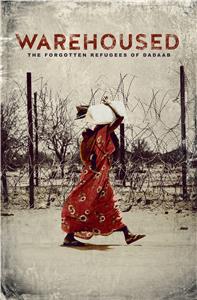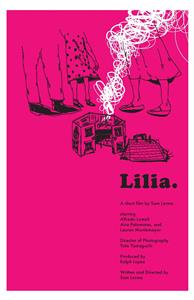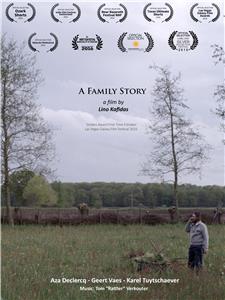The Cloud-Capped Star (1960) Online

"Meghe Dhaka Tara" tells the tragic story of the beautiful daughter of a middle-class refugee family from East Pakistan, living in the outskirts of Calcutta under modest circumstances. Neeta sacrifices everything for her family, including her personal happiness, her money, and her health, while her achievements are hardly ever recognized by the people around her.
| Credited cast: | |||
| Supriya Choudhury | - | Nita | |
| Anil Chatterjee | - | Shankar (as Anil Chattopadhyay) | |
| Gyanesh Mukherjee | - | Banshi Dutta (as Gyanesh Mukhopadhyay) | |
| Bijon Bhattacharya | - | Taran Master | |
| Gita Dey | - | Mother | |
| Gita Ghatak | - | Gita | |
| Dwiju Bhawal | - | Mantu | |
| Niranjan Ray | - | Sanat | |
| Rest of cast listed alphabetically: | |||
| Abhi Bhattacharya | |||
| Satindra Bhattacharya | |||
| Jamini Chakraborty | |||
| Suresh Chatterjee | - | (as Suresh Chattopadhyay) | |
| Ranen Ray Choudhury | - | Baul singer (as Ranen Chowdhury) | |
| Arati Das | |||
| Narayan Dhar |
Included among the "1001 Movies You Must See Before You Die", edited by Steven Schneider.




User reviews